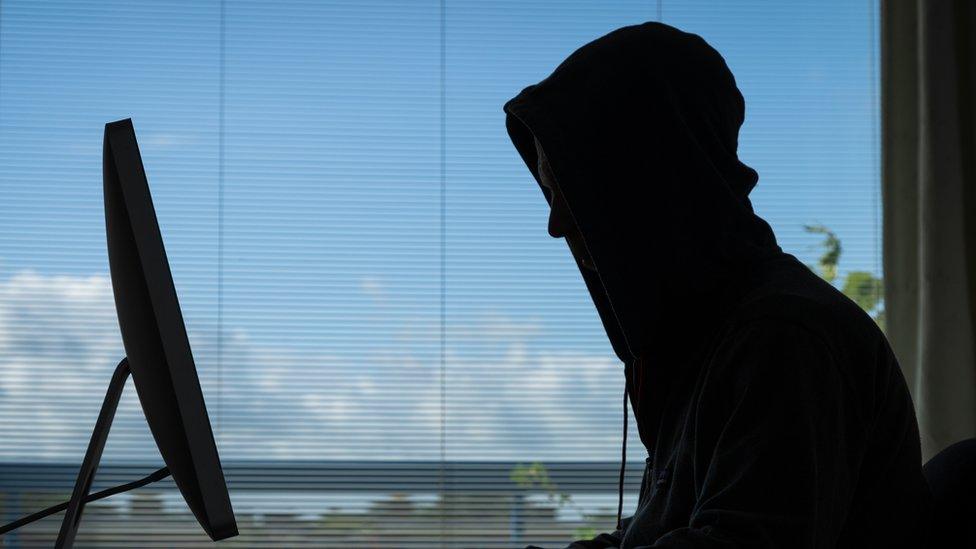Female child sex abuse 'remains taboo' while victims struggle
- Published
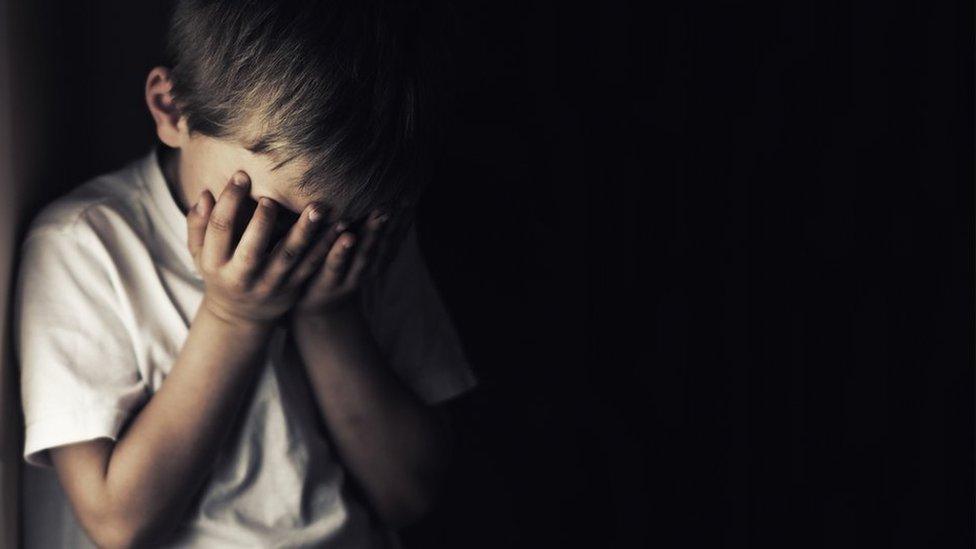
Experts say there needs to be more research done into female child sexual abuse
Victims of female child sexual abusers face "enormous stigma and shame", according to police and charities.
Figures from BBC Radio 4's File on 4 show there were over 10,400 reports of this type of abuse from 2015 to 2019 - equivalent to an average of 40 a week.
Experts say there is still a "lack of understanding" about the extent of such abuse.
The UK government said it would not allow "any safe space for sex offenders to operate - male or female".
Between 2015 and 2019, the numbers of reported cases of female-perpetrated child sexual abuse to police in England and Wales rose from 1,249 to 2,297 - an increase of 84%.
Tip of the iceberg
Dr Andrea Darling, a criminology researcher at Durham University - who has looked at 40 cases of male and female teachers who sexually abused students - said the File on 4 figures represented the "tip of the iceberg".
She said that although all child sexual abuse was underreported, there was a particular "lack of understanding" of the extent of female-perpetrated abuse.
"That means that potentially abusive behaviour that may have been picked up if the perpetrator had been a male is explained away," she said.
"I've seen that consistently in my research."
She added it was "fundamentally important" to understand a lot more about this kind of child sexual abuse.

Nicola's story: 'Struggle to be believed'
Nicola*, who is now in her mid 20s, was sexually, physically and emotionally abused by her mother from a young age.
She said the onset of puberty was a trigger for the escalation of sexual abuse.
"My appearance was quite a weapon for her, which would often lead into more severe stuff. She would criticise my body, and make me take my clothes off."
In common with many child sexual abuse victims, Nicola describes deep feelings of shame and self-loathing. She has never had a relationship, or any consensual sexual contact.
"I think people will see me as very dirty; which is what I feel myself.
"I don't feel anyone will believe me - how does a mother or a woman do this? I imagine that so strongly that it is a real inhibitor to talk about it. But women can rape."
Nicola's abuse only ended when she left home at 16.
She started going to counselling in 2018, after struggling to access the right treatment.

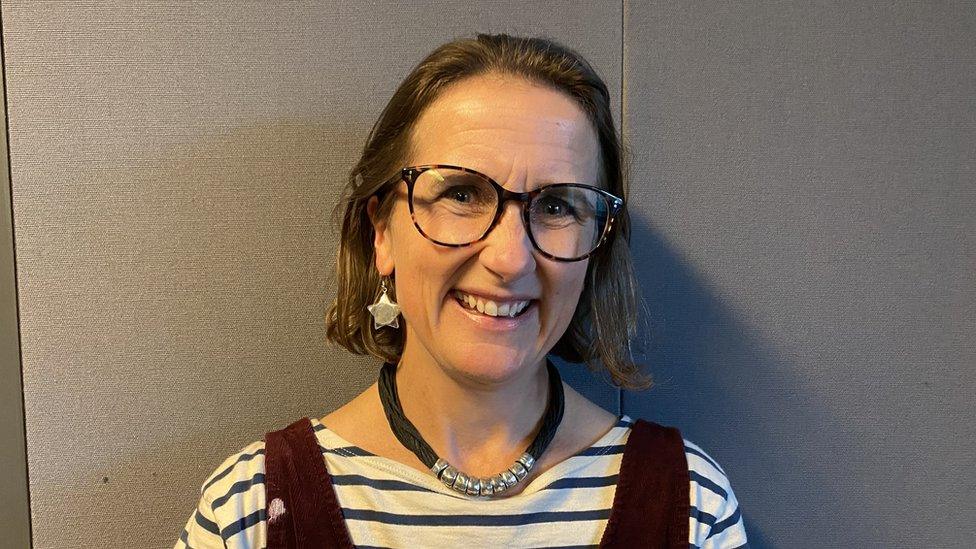
Katherine Cox, of charity Survivors UK, supports and counsels victims of female abusers
Katherine Cox, services manager with male and non-binary victim support charity Survivors UK, said she believes the File on 4 figures did not reflect an increase in abuse, but an increase in people feeling able to report to the authorities.
However, she added, far too many victims "believe they won't be believed".
"The prosecution rates are really low for any survivor," Ms Cox said.
"I think for a male survivor of female perpetrated abuse, the reality of getting a conviction is usually going to be extremely low."
Survivors UK have a waiting list of 10 months for its counselling services.
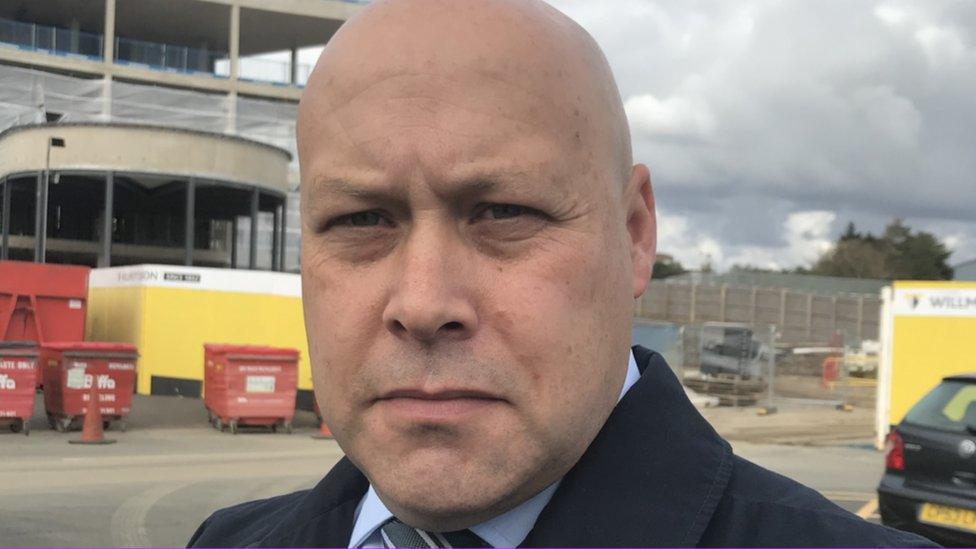
Detective Superintendent Mark Lewis of South Wales Police
Of the 45 UK forces File on 4 asked for figures, 36 were able to provide data. Northern Ireland and Scotland said collating this information would take too long.
File on 4's data shows the gender split between male and female victims is roughly half.
Detective Superintendent Mark Lewis of South Wales Police, who oversees child sexual abuse cases for his force says although the number of cases of female abusers he has dealt with is small, there is "a taboo element" and the stigma victims face is "quite enormous".
"It's down to police to keep trying to give that reassurance to victims to report, regardless of their circumstances," he said.

How widespread is the problem?
In 2018, 5,547 offenders were found guilty of child sexual abuse in England and Wales, according to the Ministry of Justice. There were 66 convictions of female abusers
There were a total of 73,260 reports of child sexual abuse offences in England and Wales in the 12 months from March 2018
One in 25 resulted in a charge or court summons
In 2018-19, 3.8% of all child sexual abusers were female, based on police reports, Office of National Statistics data, external shows
Up to 16% of those abused in residential care and 6% of those abused in other institutional contexts such as schools, sports and religious settings said female perpetrators were involved, according to data from victim reports, external to the Independent Inquiry into Child Sexual Abuse (IICSA)

No safe space
The government said it would "not allow there to be any safe space for sex offenders to operate - either online or offline, male or female - and will do all we can to help survivors of abuse".
"To this end, we will soon publish a first of its kind strategy to tackle all forms of child sexual abuse, including that perpetrated by female offenders," a spokesperson said.
"We have also made significant increases to the national and local funding available to support victims of child sexual abuse."
The Northern Irish Department of Justice said it was "committed to ensuring victims of sexual abuse have access to co-ordinated support," and were introducing "court reforms to reduce delay and stress on victims and witnesses".
The Scottish government said it has "strengthened legislation and increased funding to make it easier for victims and survivors to speak out against abusers", and work is being carried out to "ensure better support for victims".
*Names have been changed to protect anonymity
Women who Abuse is on BBC Radio 4 on Tuesday 19 January at 20:00 GMT and will be available on BBC Sounds here.
Related topics
- Attribution
- Published18 June 2020
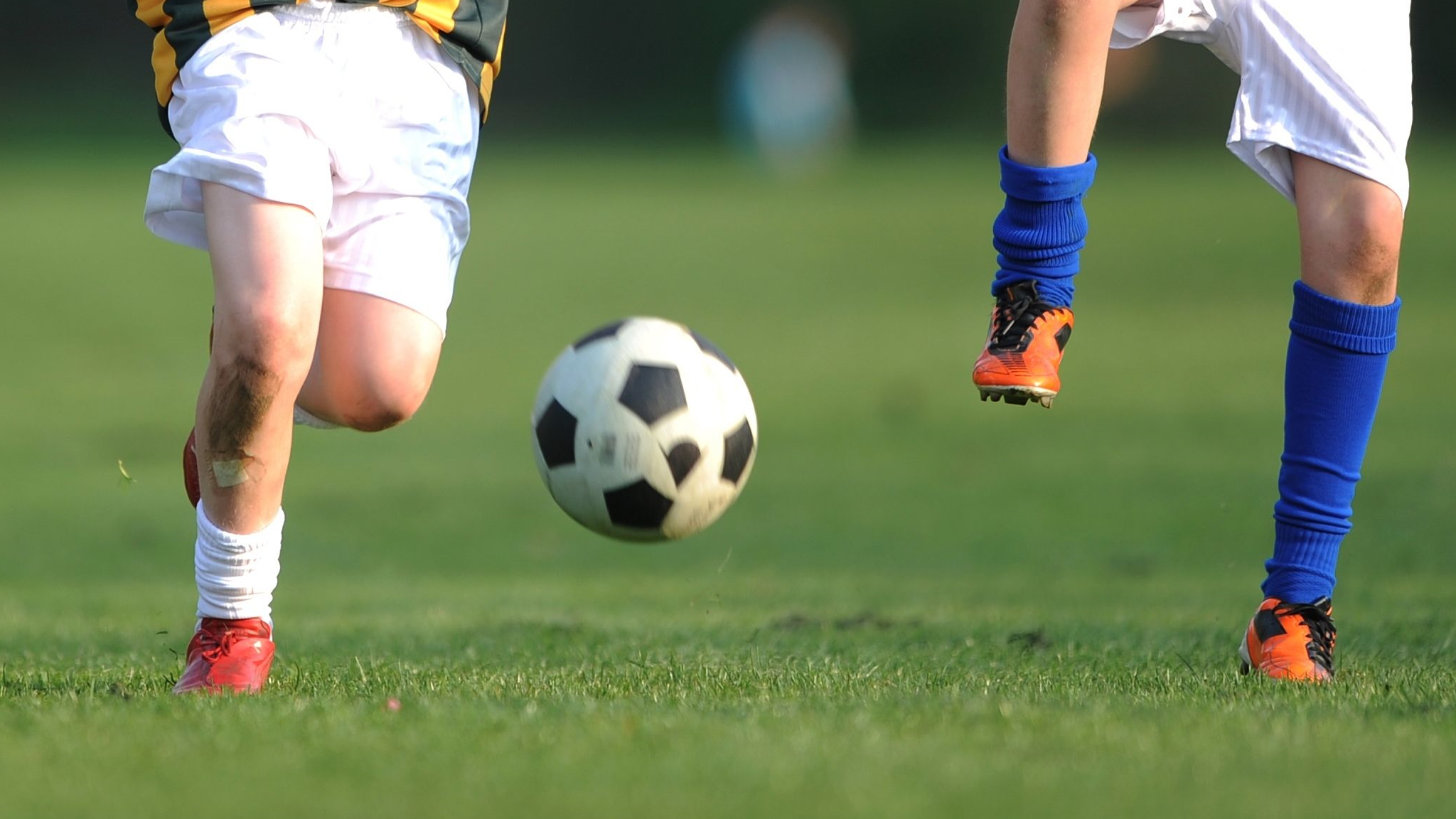
- Published6 October 2020
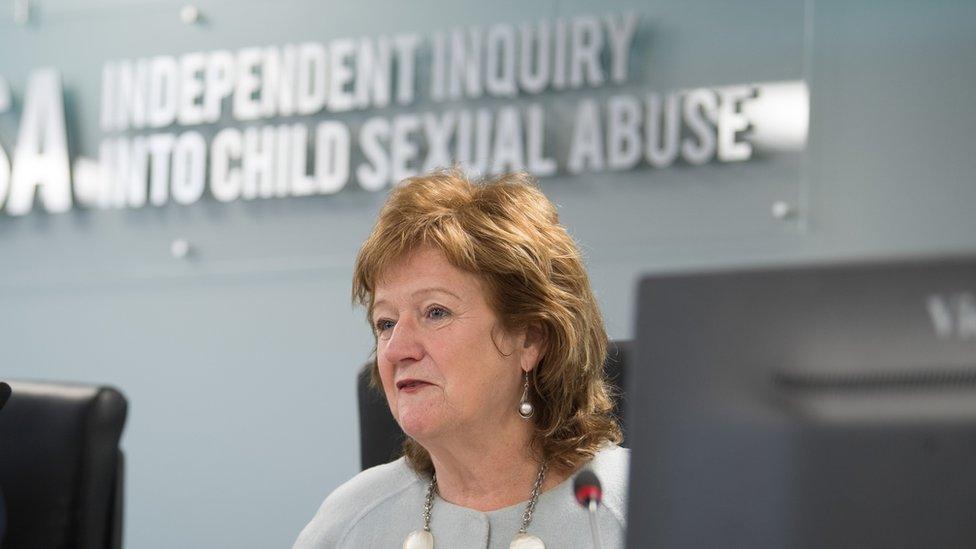
- Published3 January 2020
